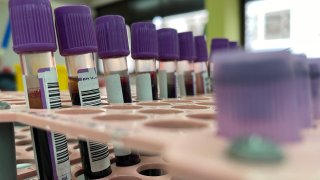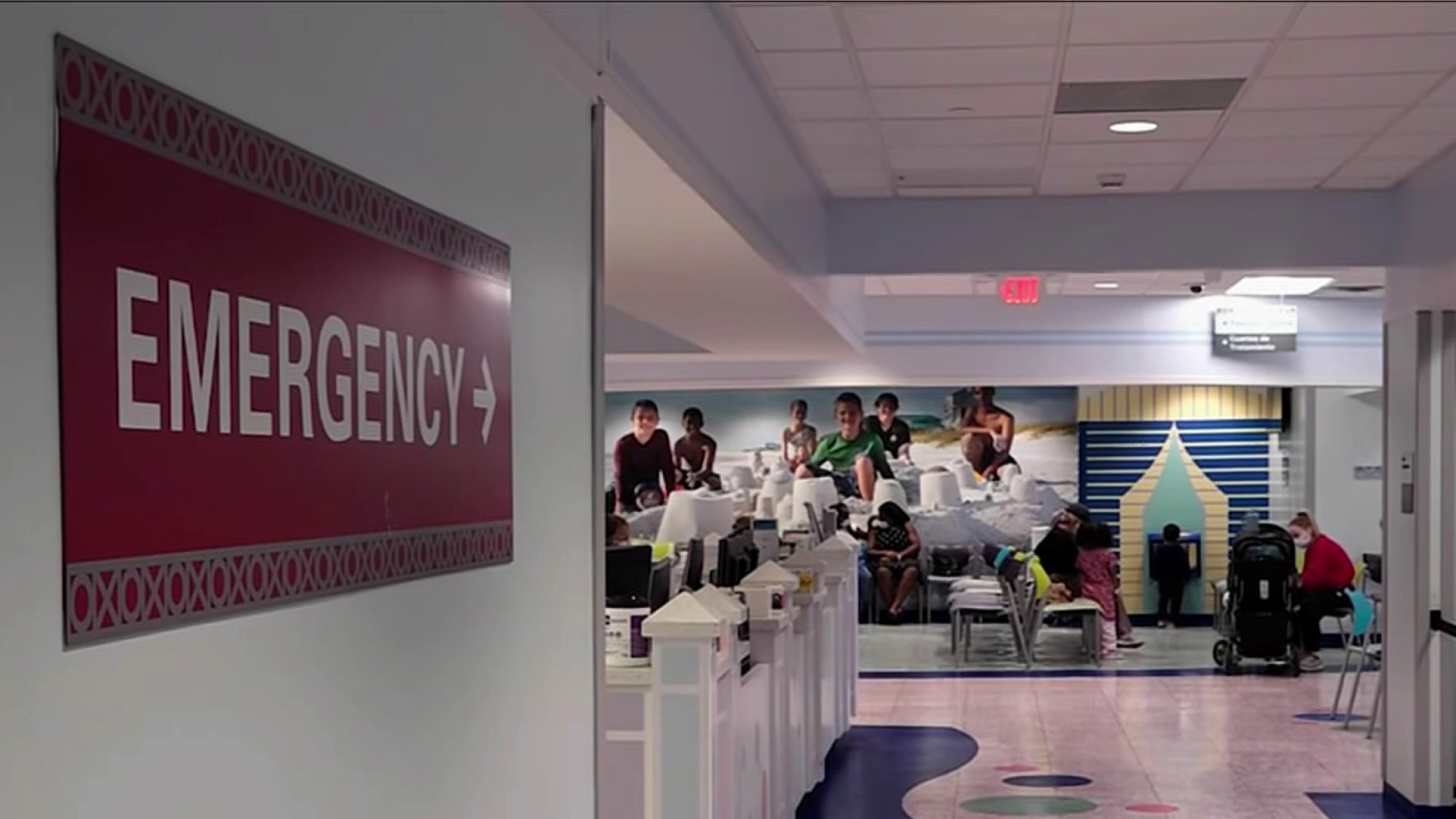
Health officials in Virginia announced Thursday the first death of a person after a diagnosis of mpox (formerly known as monkeypox) in the commonwealth.
The patient was an adult who lived in the Eastern Health Region of Virginia, but to respect the privacy of that person and their family, the Virginia Department of Health (VDH) said it would not release any further information about the death. The health department did not say when the person was diagnosed or when they died.
"Our thoughts are with the decedent’s family at this difficult time," said State Health Commissioner Colin M. Greene, MD, MPH, in a news release Thursday. "Mpox is a serious disease, especially for those with weakened immune systems. If you have been exposed to mpox or have symptoms consistent with the disease, we urge you to seek medical consultation now."
We're making it easier for you to find stories that matter with our new newsletter — The 4Front. Sign up here and get news that is important for you to your inbox.
For most people, infection with mpox is painful but not life-threatening, the VDH said.
Mpox has so far claimed the lives of at least 15 people across the United States, according to data from the Centers for Disease Control and Prevention (CDC). Nearly 30,000 people have tested positive for the disease in the United States, with more than 81,000 cases reported globally.
How to Prevent the Spread of Mpox (Formerly Known as Monkeypox):
Mpox spreads from person to person through close contact. To help prevent the spread of mpox, the VDH says:
- avoid close, skin-to-skin contact with someone with a new, unexplained rash
- do not share cups, utensils, bedding or towels with someone who is sick
- stay home when you are sick
- wash your hands with soap and water or use an alcohol-based hand sanitizer after contact with infected people or animals
- wear a mask in situations where you may have lengthy or close face-to-face contact with people who may be infected
- for those eligible: discuss getting the JYNNEOS vaccine with your healthcare provider; you can contact your local health department to see if you're eligible and to find out where the vaccine is available
Mpox Exposure & Diagnosis: What to Do
Anyone who may have been exposed to mpox should get the vaccine as soon as possible to reduce their chances of getting mpox, according to the Virginia health department. The vaccine is most effective if you get it within four days of exposure, but it may be given up to 14 days after exposure, the VDH said.
Contact your healthcare provider if you have fever, chills, swollen lymph nodes and a new, unexplained rash, the VDH said.
Anyone diagnosed with mpox should stay home and avoid close contact with others until their rash has fully resolved, the scabs have fallen off and a fresh layer of intact skin has formed, the VDH said.
The health department has more information available on its mpox website, including on case numbers and the number of vaccines administered in Virginia. You can also call the VDH at 877-VAX-IN-VA (877-829-4682) on weekdays from 8 a.m. to 5 p.m. (available in English, Spanish and 100+ other languages). TTY users may dial 711.
Name of Monkeypox Changed to Mpox in November 2022
Earlier this week, the World Health Organization (WHO) changed the name of monkeypox to mpox, due to concerns that the original name may have racist and discriminatory connotations. The CDC accepted the change, stating that the new name will help "reduce stigma and barriers to caring for those most affected."
The U.N. health agency said it was concerned by the "racist and stigmatizing language" that arose after monkeypox spread to more than 100 countries. It said numerous individuals and countries asked the organization "to propose a way forward" to change the disease's name.



